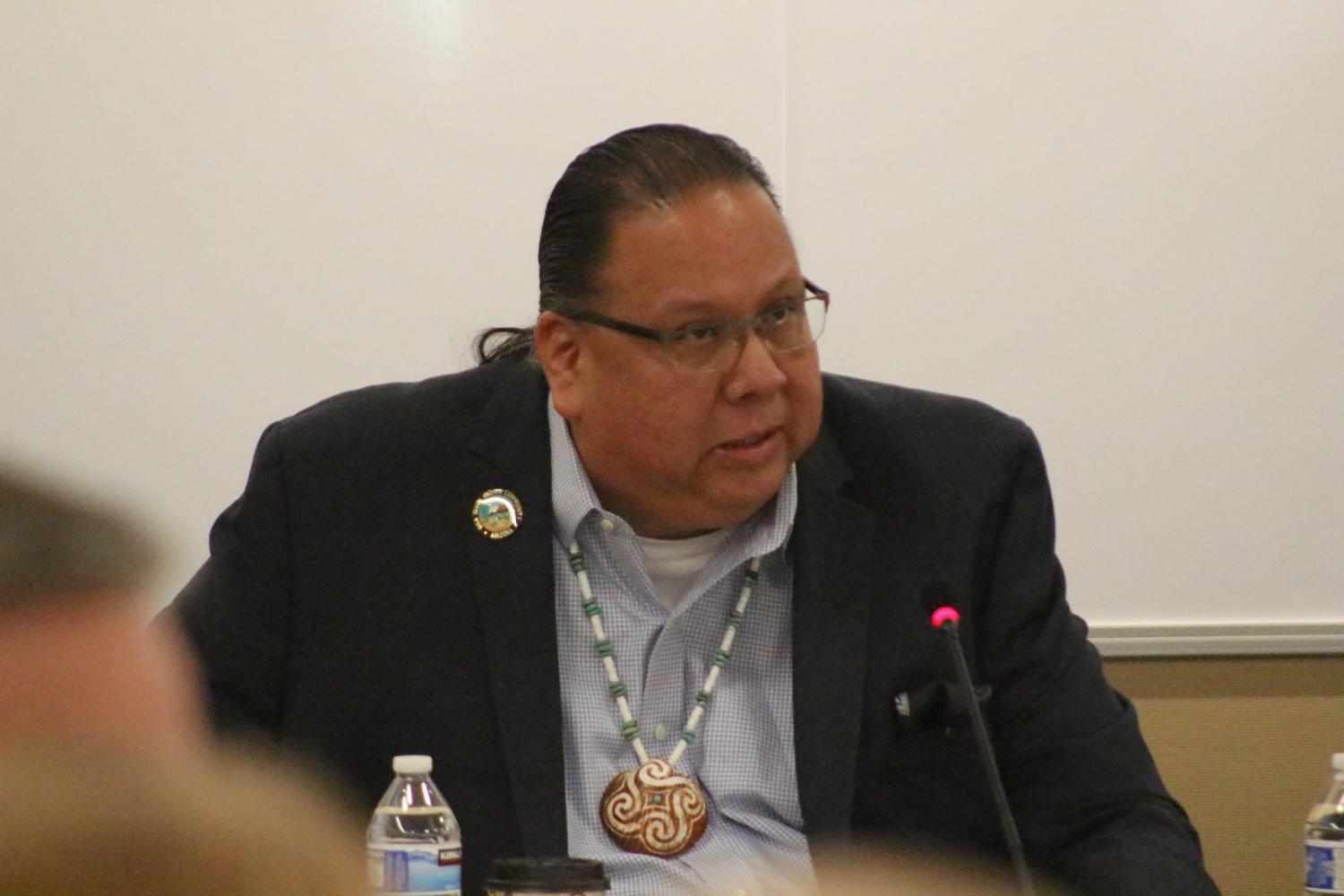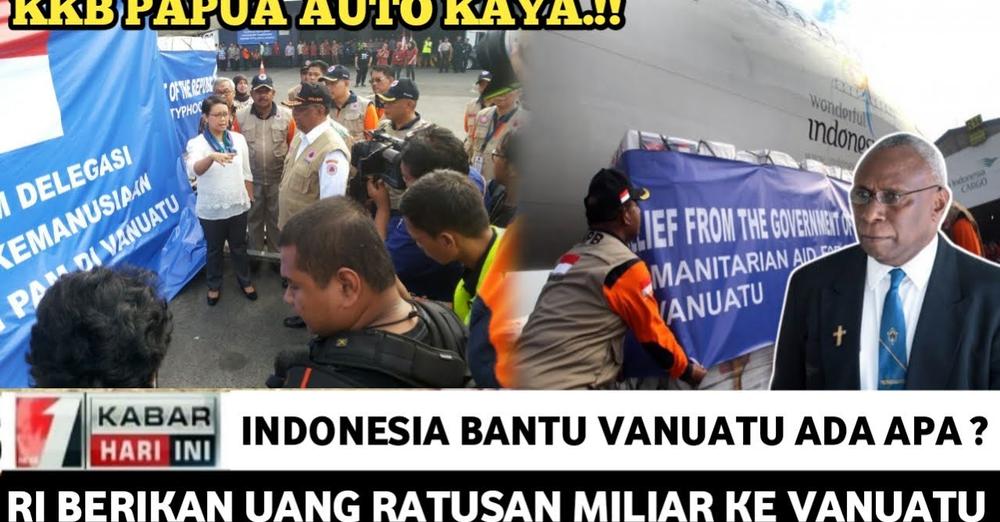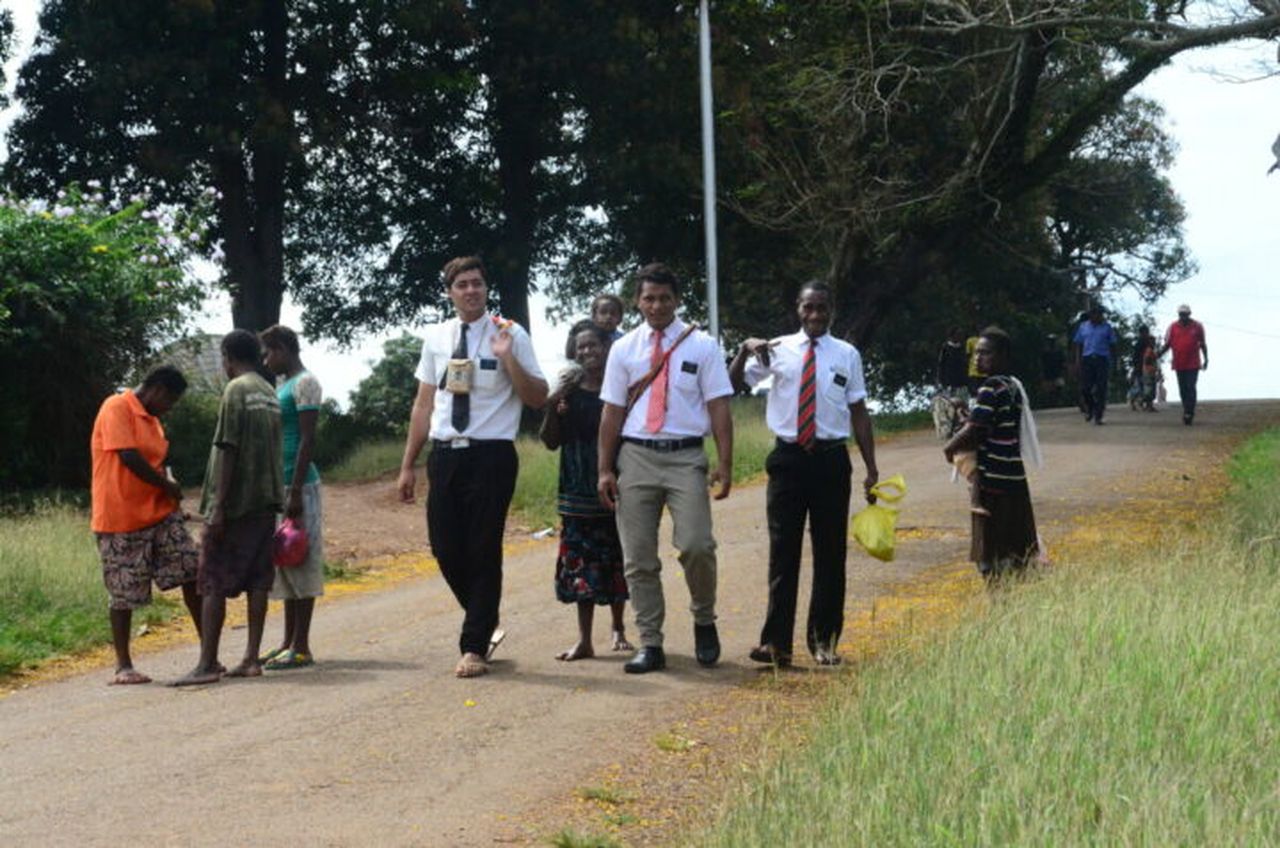Pengantar Kalau Anda pernah mendengar atau mengucapkan kalimat ini, Orang Papua itu bisa Anak-anak…
Kalimat Kaum Terjajah (1): Orang Papua Bisa, Anak-Anak Papua itu Bisa!
 General Information
General Information
Pengantar Kalau Anda pernah mendengar atau mengucapkan kalimat ini, Orang Papua itu bisa Anak-anak…
 General Information
General Information
An appreciation of the Wantok system is an important step in better understanding Papua…
 Wantok System
Wantok System
By Matthew Casey Published: Monday, May 29, 2023 – 10:02am he Biden administration recently awarded…
 Wantok News
Wantok News
By Al Macias Published: Wednesday, March 15, 2023 – 4:55am Updated: Wednesday, March 22, 2023…
 Uncategorized
Uncategorized
The National Business CORRUPTION and maladministration has held back both the country’s public and…
 Uncategorized
Uncategorized
March 21, 2023 BY Edwina Williams Peaceful place: Anne Tudor regularly walks the Dementia…
 Wantok System
Wantok System
It depends on every one of us: Do we want to follow the ideally…
 Wantok System
Wantok System
Looking at the economy in Daru, Papua New Guinea (PNG), a few questions come…
 Wantok System
Wantok System
The Wantok Blong Yumi Bill was a bill unanimously adopted by the Parliament of…
 Wantok News
Wantok News
By Dan McGarry, media director of the Vanuatu Daily Post “We are all Melanesian,”…